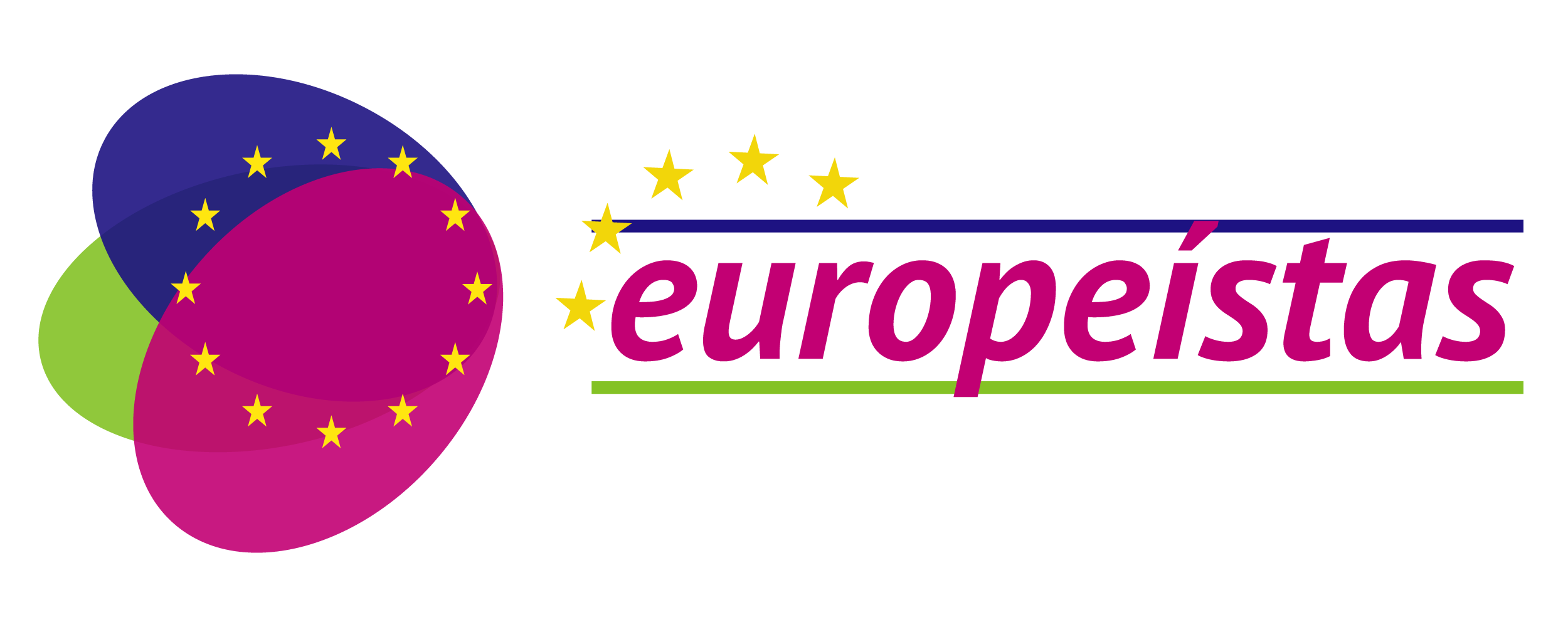SUSTAINABILITY AS A NEED AND OPPORTUNITY
The world is conceived as a global system whose parts are interrelated, considering the concept of sustainable development as a multidimensional process that affects the economic, ecological and social systems. Sustainable development is therefore the pursuit of economic progress that does not neglect qualitative aspects , such as the quality of life or the preservation of the environment.
Such qualitative aspects are linked to environmentalism, which is defended from anthropocentric positions, that is, to satisfy a human need, including health and social needs. Thus, our proposals do not arise from do-goodism, nor are they based on purely ecocentric approaches, but are linked to a commitment to maintain human well-being in balance with natural ecosystems.
The multiple crisis that currently affect us - economic, political and environmental - must be translated into an opportunity to present a truly responsible alternative in each of these aspects, in which the indicators of well-being are economic, ecological and social. In short, the successes or failures of the system must be measured taking into account not only quantitative aspects but also qualitative ones.
From our political standpoint, we believe that for any model to be sustainable, it must be economically sustainable. We want to move away from models based on subsidies, low productivity and indebtedness that, as has been observed in Spain with its renewable energy policies, create a bubble that harms the taxpayer. We are committed to going to the root of the problem, facilitating real solutions and a fair transition.
CONSCIOUS CONSUMPTION

One of the biggest problems related to climate change is food security, which refers to the availability and people's access to food, as well as the biological use of food. A household is considered to be food secure when its members have a continuous supply of sufficient food in quantity and quality according to their biological needs.
The world's population grows steadily and is expected to reach 9600 million people by 2050. To meet such a large demand, agricultural and food systems will have to adapt to the adverse effects of climate change and become more resilient, productive and sustainable .
On the other hand, the WHO has already warned that mass treatments with antibiotics and other processes that are applied to some foods during their production are not always transparent to the consumers. This lack of transparency results in consumers who are thus not sufficiently informed of the risks thereby limiting their freedom of choice with respect to their health and eating habits. In this regard, we believe that the freedom of the individual to choose the foods he consumes should be facilitated by providing him with the necessary information to make informed choices.
Spain has increased CO2 emissions and, at the same time, has one of the highest electricity bills in Europe. The traditional energy model is characterized by a constant growth of energy consumption, based on finite resources, mainly fossil fuels. This model is unsustainable at economic, environmental and social levels .
- Energy security : continuous supply at reasonable prices should be ensured for consumers.
- Competitive market: the new model should not pose a danger to the competitiveness of the economy and its growth.
- Environmental sustainability: energy production and consumption should not cause an unacceptable impact on the environment. The energy sector, which is responsible for 80% of greenhouse gas emissions, plays a crucial role in the fight against climate change.
Energy

WASTE MANAGEMENT

Depending on how it is managed, waste can affect both human health and the environment through emissions into the atmosphere, soil and surface water and groundwater, and can represent a loss of both material resources and an energy source.
ANIMAL PROTECTION

